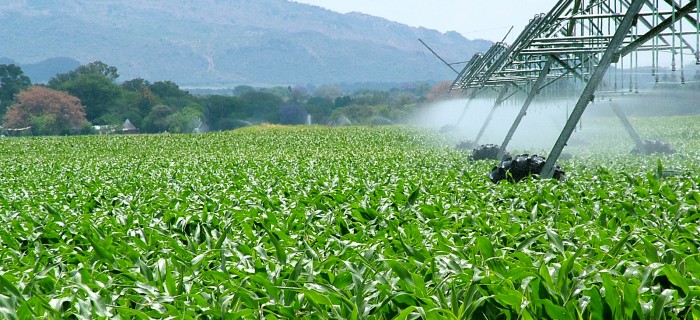Biofuels: Who suffers? Who benefits?
Special to the Des Moines Register
Biofuels, derived from everything from corn to French-fry grease, are being widely touted in corporate advertisements, news stories and recently in the president’s State of the Union address as a silver-bullet solution to global warming, the savior of depressed rural economies and the key to reducing our dependence on foreign oil.
The apparent free lunch of crop-based fuel can’t satisfy our energy appetite – and it will not be free, or environmentally sound. Dedicating all present U.S. corn and soybean production to biofuels would meet only 12 percent of our gasoline demand and 6 percent of diesel demand. On average, corn ethanol – the leading biofuels candidate in the United States – provides only a 13 percent reduction of greenhouse gases compared to gasoline. This advantage is lost if, as happens in South America, carbon-capturing forests are felled to make way for biofuel crops.
Industry spokespeople claim they will increase ethanol production by improving extraction technology, raising yields and expanding the acreage of land under production. Intensification comes at a price. Increased productivity requires more water, fertilizer and pesticides and means more genetically modified crops. Opening new farmland could bring some 10 million acres of fragile land protected by the government’s Conservation Reserve Program into production. Otherwise, we may not have enough high-fructose corn syrup for our Cokes or corn-fed beef for our Whoppers.
The new extractive and genetic technologies for improved biofuels production are being developed through select partnerships among a cozy handful of corporate giants in grain, oil and genetic engineering – primarily Cargill, Archer Daniels Midland and Monsanto. The convergence of these powerful industries has far-reaching impacts that will transform food systems and rural economies worldwide.
Ethanol on the cob will come from “processor-preferred” corn hybrids custom-bred for select, centralized ethanol plants. ADM has already gobbled up farmers’ biofuel co-ops in Minnesota. Unless there is support or government oversight, it is difficult to see how the rest of the Midwest’s farmer-owned co-ops will avoid the same fate.
Biofuels can be produced in ways that spread economic gains and minimize negative environmental impacts. Simply employing sustainable farming techniques to grow fuel crops vastly reduces their negative environmental impact.
Stay in the loop with Food First!
Get our independent analysis, research, and other publications you care about to your inbox for free!
Sign up today!All biofuels are not created equal. While some may generate benefits for people and the environment, others may prove more destructive than the fossil fuels they replace. The question is not whether biofuels can solve our energy problems – they can’t. The question is: Who pays the price and who reaps the benefits?
All biofuels are not created equal. While some may generate benefits for people and the environment, others may prove more destructive than the fossil fuels they replace.
Thanks in large part to government subsidies, capital investments are pouring into this industry at a breakneck pace, directing it toward particular technologies and production pathways. The most socially and environmentally responsible options aren’t necessarily the ones being pursued. The upcoming 2007 U.S. Farm Bill must determine the policies that shape an economically just and environmentally sound future for biofuels. Thus far, there is no indication the bill will ensure such objectives.
For all the fanfare, biofuels are still just a partial fix. Kinder, gentler gasoline will not save us from our gas-guzzling SUVs and continent-crossing semis. If we hope to direct the development of the biofuels industry with a broader public interest in mind, we need to do so intentionally, by legislating for responsible growth, environmentally sound production techniques and equitable forms of production.
Eric Holt-Giménez is Executive Director of Food First and Kevin Fingerman is a graduate student in the Energy & Resources Group at the University of California at Berkeley.


 Help Food First to continue growing an informed, transformative, and flourishing food movement.
Help Food First to continue growing an informed, transformative, and flourishing food movement.




